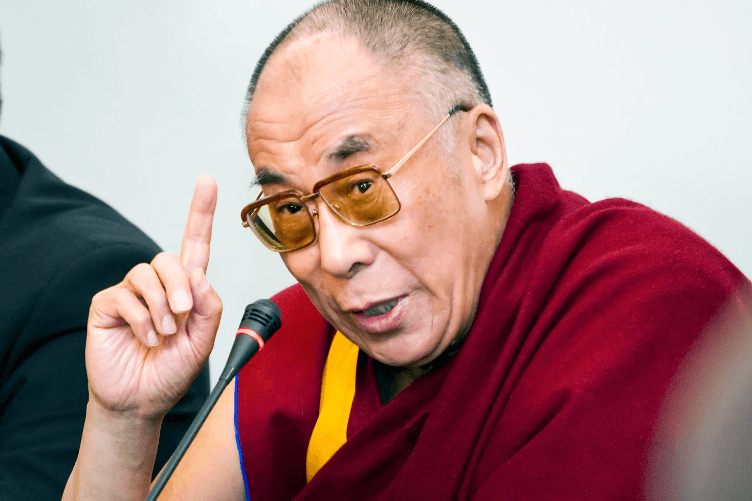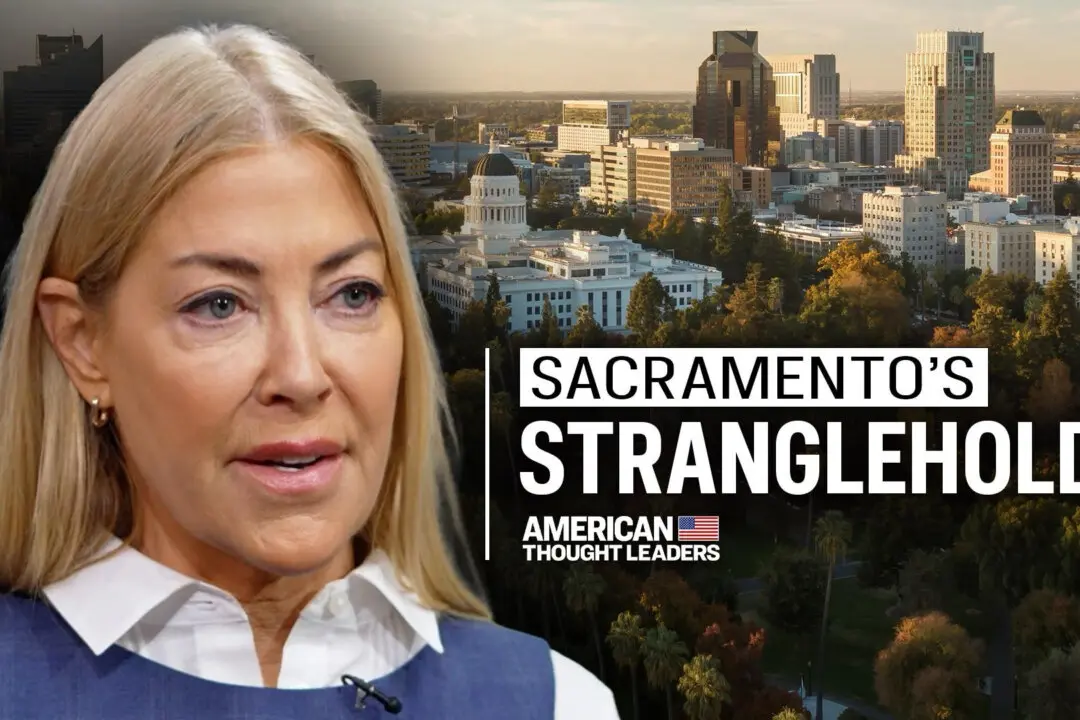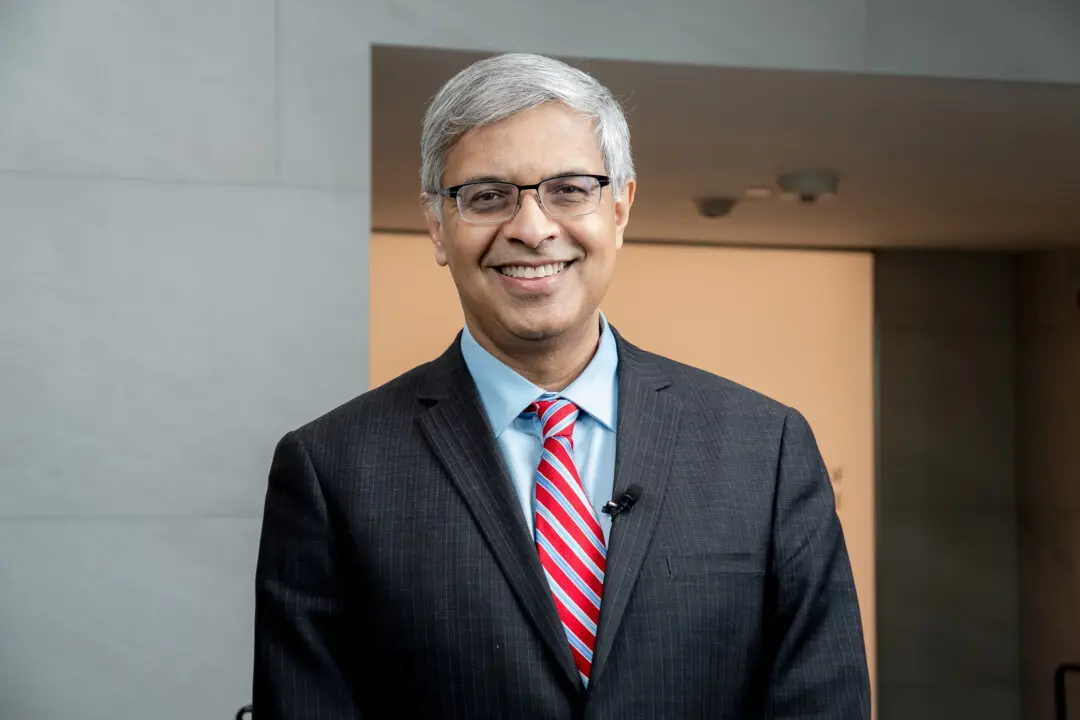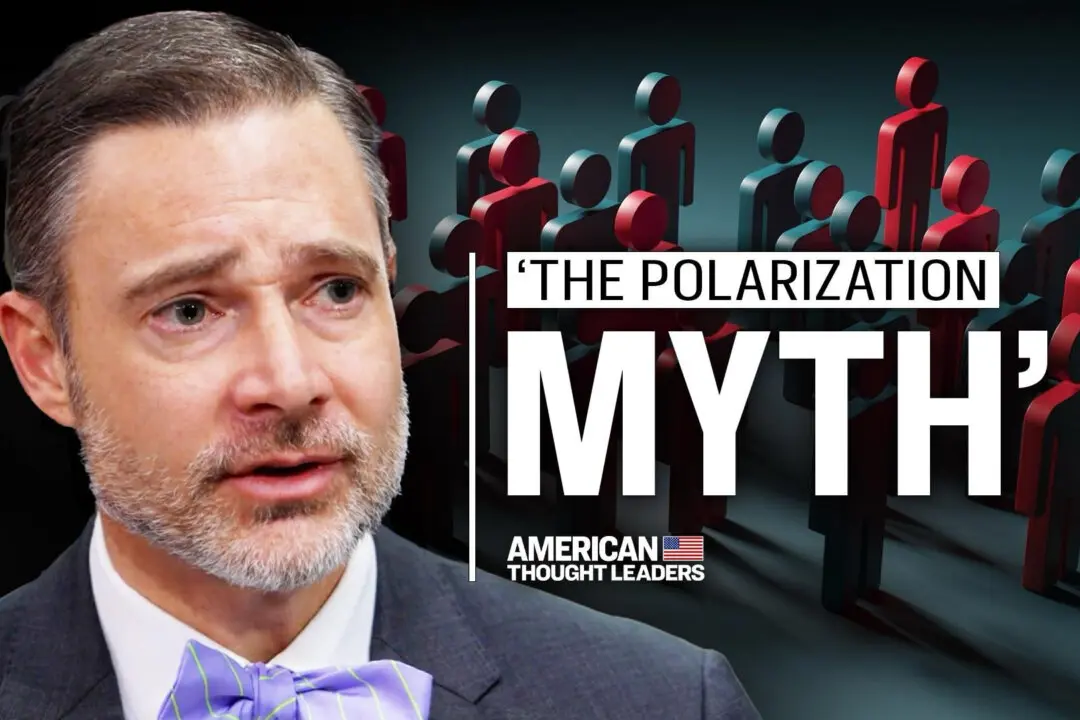WARSAW—“My faith is thinner, thinner, thinner in the Chinese government, but my faith in the Chinese people is never shaken,” said the 14th Dalai Lama at a meeting with the Polish parliamentary Foreign Affairs Committee on December 11.
The exiled Tibetan leader met with the Committee on the seventh of an eight-day visit to Poland, which began by celebrating the 25th anniversary of Polish ex-President Lech Walensa receiving the Nobel Peace Prize.





